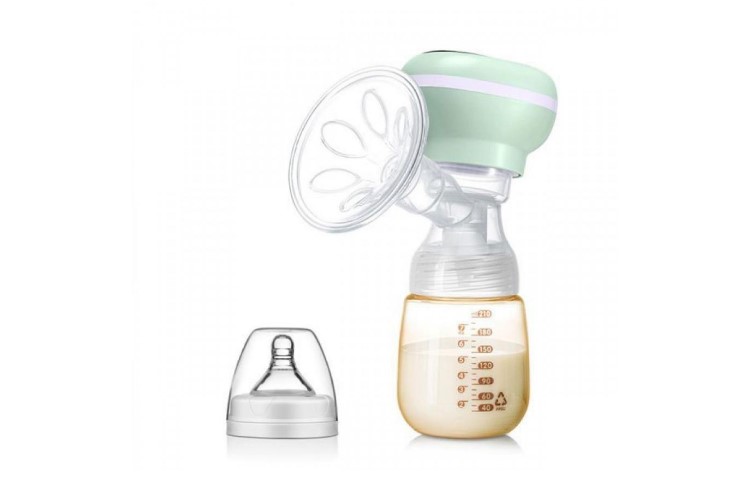A winery is a building or property that produces wine. A winery can also be a business that is involved in the production of wine, for example, a wine company. Some wineries may own multiple wineries, while others buy only from vineyard owners.
The oldest vineyard in the world to date is 6,000 years old, located in the Arena region of Armenia, which is still a famous wine-producing region today.
Destination
Wineries produce wine from grapes, following a proper wine-making process, which consists of fermenting the fruit, then blending it, and then the juices are aged. Many vineyards also offer guest tours and have tasting rooms where customers can taste a drink before making a purchase.
Location
When most people think of wineries, they immediately associate them with the Napa Valley and Sonoma Valley in California, Accordini Igino Winery in Italy, and France, great and legendary wine-making regions. However, grape growers can be found anywhere in the world. Wineries don’t always have to be located next to a vineyard because wine can be shipped worldwide.
Agricultural Wineries
A winery allows a farm to produce and sell wine on the spot without having to ship or ship it, which makes it different from a commercial winery. Since New York passed the Farm Winery Act of 1976, farm winery owners have opened satellite shops in tourist areas. The move motivated other states to pass similar laws.
Micro Wineries
Micro wineries are small wineries that do not have their vineyards so they source their wine from outside suppliers. They use the same winemaking equipment as commercial wineries but on a smaller scale. Each batch of wine typically makes 23 liters or 6 US gallons. One of the main differences between a micro-winery and a regular winery is that a micro-winery offers a wider range of wines, as they are not tied to the grapes as they are grown.
Urban Wineries
Urban wineries are the latest in the business, with wineries choosing to place their winemaking facilities in urban settings within cities, rather than in traditional rural settings near vineyards. Urban wineries can be found in several cities in the United States, such as Portland, Sacramento, Seattle, San Francisco, Oregon, New York, Los Angeles, and many more. Just like traditional vineyards, urban gardens also offer production tours, tasting rooms, and retail sales of their wines.
This allows the customer to buy directly from the source, knowing that the wine has been stored properly because it does not need to be removed from the source. The distribution of grapes increases their chances of being damaged by the hazardous conditions that can occur during transport.
Some urban vineyards also offer full-service restaurants for on-site entertainment. They also offer their customers a special opportunity to make their wine, of course under the supervision of a winemaking crew, where they can choose their grape variety, make a name for their wine, then make production decisions and then participate in the mixing and blending of the product. end. Customers then get bottles and even design their labels.
Wastewater Winery
It is mainly produced during the equipment and facility cleaning process. Wastewater treatment consists of collecting and possibly treating it, and then employees must decide whether it is reusable or needs to be disposed of.
















